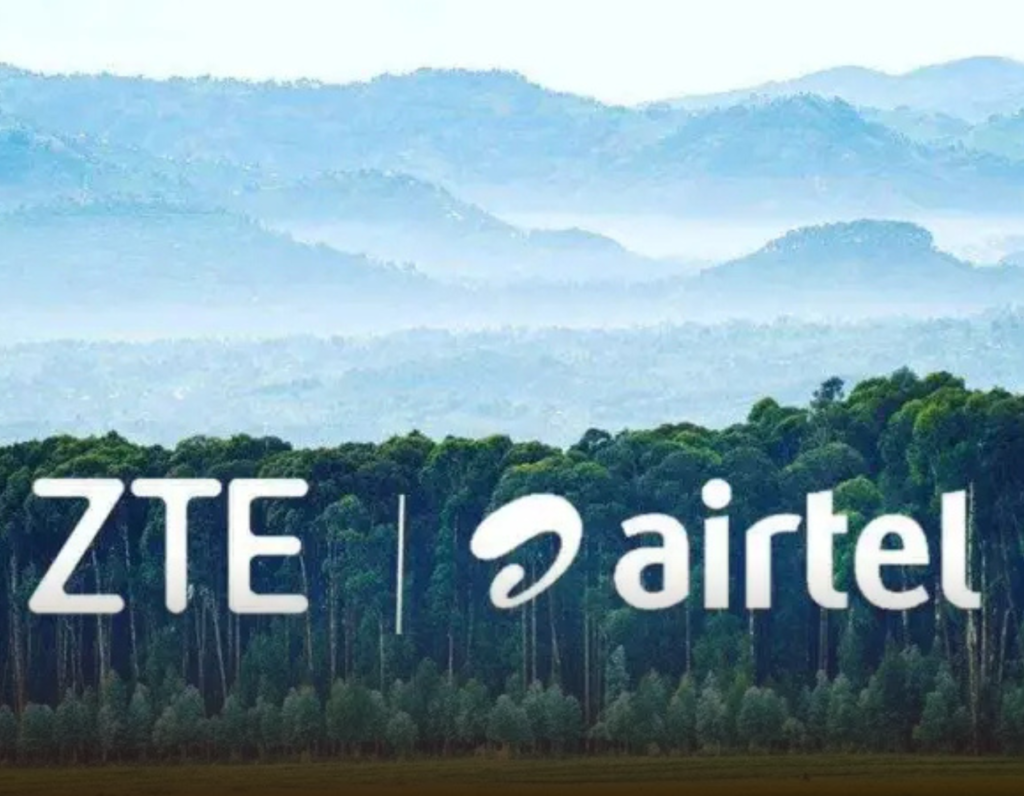Chinese technology giant ZTE Corporation and Airtel Rwanda formally marked a decade of collaboration at a ceremony in Kigali, showcasing the completion of a major network upgrade under the theme “Connecting Smart Rwanda”. The milestone highlights the depth of China-Rwanda digital-economy ties and signals further expansion of high-tech partnerships across the region.
At the event, Airtel Africa CEO Sunil Taldar praised ZTE’s consistency and technical delivery: “Every idea we brought to the table, ZTE delivered with precision.” Meanwhile, ZTE Senior Vice-President Zhang Jianpeng noted the decade-long relationship has been built on shared vision, innovation and infrastructure growth.
Since entering Rwanda’s telecom market in 2015, the ZTE-Airtel partnership has seen successive upgrades including RAN (Radio Access Network) overhauls, VoLTE (Voice over LTE) roll-outs, and steps towards 5G readiness. These developments come as Rwanda positions itself as a regional digital hub.
The milestone is part of a broader China–Rwanda cooperation agenda. Diplomatic ties between Rwanda and China were first established in 1971, and in recent years China has emerged as a key infrastructure and technology partner. Kigali has received Chinese-financed projects including fibre-optic networks, data-centre development and manufacturing-zone support under the Belt and Road Initiative.
According to research by the Africa‑China Centre for Policy and Advisory (ACCPA), Rwanda’s digital ambitions align with China’s Global Development Initiative’s goals of connectivity and innovation across Africa. Rwanda’s Minister of Digital Economy recently said the country is “open to deeper collaboration in ICT, training and financing” – illustrating how bilateral relations are evolving from purely infrastructure to capacity-building and tech ecosystems.
The ZTE-Airtel celebration also underscores shifting paradigm: African nations no longer just receive Chinese hardware; they partner with Chinese firms in network operations, service delivery and digital inclusion strategies. This model offers a template for other markets like Kenya and Nigeria where Chinese tech firms are playing an increasingly strategic role.
Still, the journey forward comes with its own challenges. Analysts caution that Rwanda must strengthen local skills, regulatory frameworks and cybersecurity measures to ensure the full benefits of the advanced network infrastructure are realised sustainably. As ZTE and Airtel look ahead to the next ten years, they will need to embed innovation in local ecosystems and drive growth beyond mere connectivity.
The Kigali event is a visible marker of successful China-Africa technology engagement: ten years in, and the network of collaboration shows no signs of slowing.




